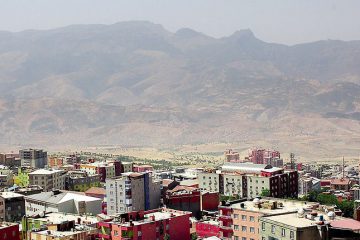
As IS territorial dominance diminishes, what challenges lie ahead for Iraq’s Kurds?
On the ninth of June, Haider al-Abadi, the Iraqi Prime Minister, arrived in Mosul to congratulate the armed forces for the liberation of the city. Mosul had been conquered by the so-called Islamic State in Iraq and Syria (ISIS) in 2014 and served as its Iraqi capital. This significant victory is not yet the end of ISIS in Iraq, however, both in Iraq and in Syria its territorial dominance has strongly diminished—by about 60 % since January 2015—and is likely to continue. The power vacuum emerging from this rapid decline has heated up competition between the numerous parties in the conflict—regular forces of regional states and great powers, as well as various militias often acting as their proxies—to control former …

How effective is UN peacekeeping?
Peacekeeping is at the centre of the UN’s efforts to maintain international peace and security. Today, more than 100,000 soldiers and police from 125 countries are serving as blue-helmeted UN peacekeepers around the world. These soldiers and police are endeavouring to keep the peace within, or between, more than 20 conflict-affected states and territories. How effective are UN peacekeeping efforts? There have been spectacular failures (Rwanda) and notable successes (El Salvador) but how great is the contribution of UN peacekeeping overall? Scholars are divided on this question. Virginia Page Fortna’s seminal work on the impact of UN peacekeeping operations (UNPKOs) suggests that the presence of UNPKOs significantly improves the chances of peace surviving following the cessation of hostilities. In the …
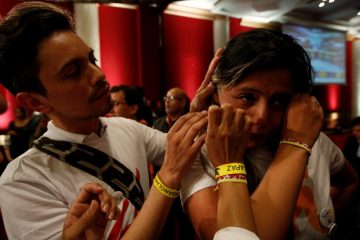
Colombia has voted no on its plebiscite for peace. Here’s why and what it means
On Sunday, the Colombian people rejected the recent peace deal that the Colombian government had reached with the Revolutionary Armed Forces of Colombia (FARC) after 52 years of civil war. The plebiscite narrowly failed: 50.2 percent rejected the peace accord, while 49.8 percent were in favour. What, exactly, were Colombians voting on? Colombians cast votes on whether they support the peace agreement, reached in August and formally signed on Sept. 26. The content of the 297-page peace accord had been made public before the vote. Who voted no? The “no” vote is not representative of all Colombians. Less than 40 percent of Colombians voted in the plebiscite, leaving many voices unheard. This was partly related to weather conditions; the Caribbean …
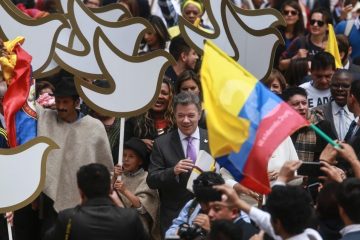
Why the real test for Colombia’s peace begins after the demobilization process
On Aug. 29, 2016, the Colombian government and the leftist insurgent group FARC initiated a cease-fire. The two parties had reached a remarkable peace accord a few days earlier, hoping to end 52 years of civil war. Colombian President Juan Manuel Santos announced that the peace deal will be formally signed Sept. 26, which would trigger the 180-day demobilization of the FARC. Colombia’s armed conflict, the longest-running in recent global history, left more than 220,000 people dead and about 6.7 million displaced within the region. The cease-fire formalizes the end of combat activities between state forces and the FARC, formally known as the Revolutionary Armed Forces of Colombia — and all hostilities against civilians. After decades of brutal violence and several failed peace processes, this …
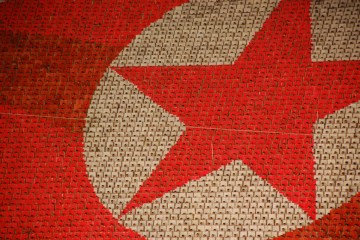
From Area to Area: The Changing Face of Area Studies
North Korean Studies: the focus on the hermit kingdom, its politics, economics, and society; the kingdom that poses a real-life threat to South Korea, and the world order as we know it today; a unique Marxist-Leninist state in the twenty-first century. Why focus on this particular area? More broadly, why devote time, funding, and research to the study of specific “areas” of the world? Surely an increasingly interconnected globe has rendered redundant the concept of a fixed “area”? The field of political geography—including geopolitics—has witnessed lengthy definitional and procedural debates around the field of area studies. North Korean studies—an area study in itself—offers a plethora of avenues for insight into area studies more widely in debates on how “best” to …
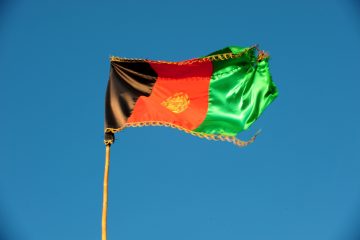
New Challenges – Is the Taliban in Transition?
On 21st May, an American airstrike killed Taliban leader Mullah Akhtar Mansour in the Pakistani province of Baluchistan. This operation, which involved multiple drones, comes as a relief to many, as Mansour had been actively planning and carrying out attacks across Afghanistan. According to the US Secretary of State John Kerry, Mansour ‘posed a continuing imminent threat to US personnel in Afghanistan, Afghan civilians, Afghan security forces, and members of the US and the NATO coalition.’ The killing of the Taliban leader, however, is likely to lead to unwelcome consequences, and will hamper peace talks between the insurgents and the government. The issue of peace talks has always been unpopular among the Taliban’s most senior leadership. In the wake of Mansour’s …
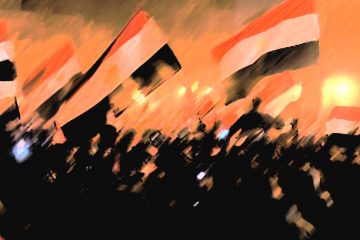
Contested Constitutions: A Microcosm of post-Arab Spring Divisions
Five years after Mohamed Bouazizi’s self-immolation in Sidi Bouzid, Tunisia ignited the Arab Spring. Yet while it inspired hope for democratic transition across the Middle East and North Africa, the region continues to be embroiled in civil war, terrorist networks, and crises of political legitimacy. In Syria and Bahrain, dictators used violence to thwart protests, leading to a prolonged civil war in Syria. In Yemen, despite the dictator’s negotiated transfer of power, rival sectarians are vying for power. In Tunisia and Egypt, dictators stepped down without much bloodshed. Lastly, in Libya, rebels overthrew the dictator with foreign military aid, but soon succumbed to factional warfare. This article will explore the interlude of democratic or semi-democratic politics in Tunisia, Egypt and …
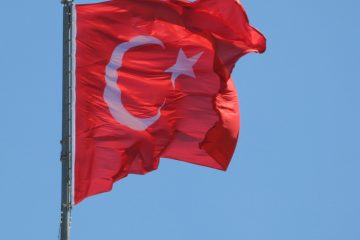
Coup attempt and terror bombings demonstrate Turkish lives don’t matter to Erdoğan and the AKP
Last week’s coup attempt by military forces in Turkey — the military’s first overt attempt to take power since 1980 — came as a great shock to the international community. At least 290 people were killed and 1,440 wounded. The coup also spurred a dramatic wave of purges; less than 24 hours after the turmoil began, 2,839 army members and a member of the constitutional court were arrested, while 2,745 judges and five members of the Supreme Board of Judges and Prosecutors were removed from their posts. The purges only intensified thereafter; within a week, about 60,000 soldiers, police, judges, civil servants and teachers found themselves detained, suspended or under investigation. The government’s rhetoric and consistent inaction, contextualized within its wider response to the …









